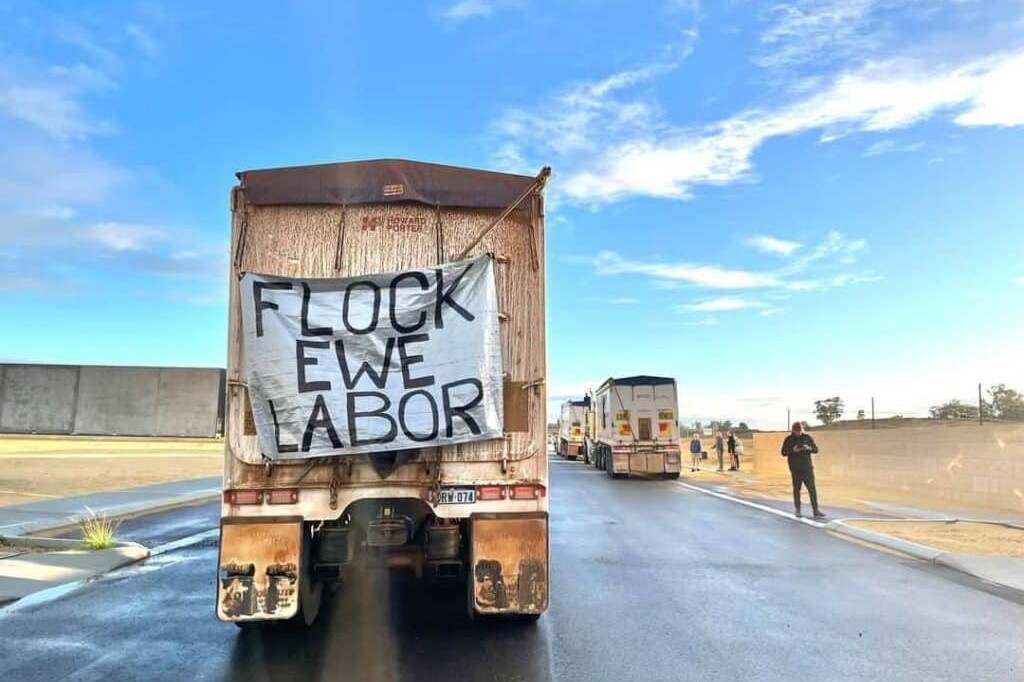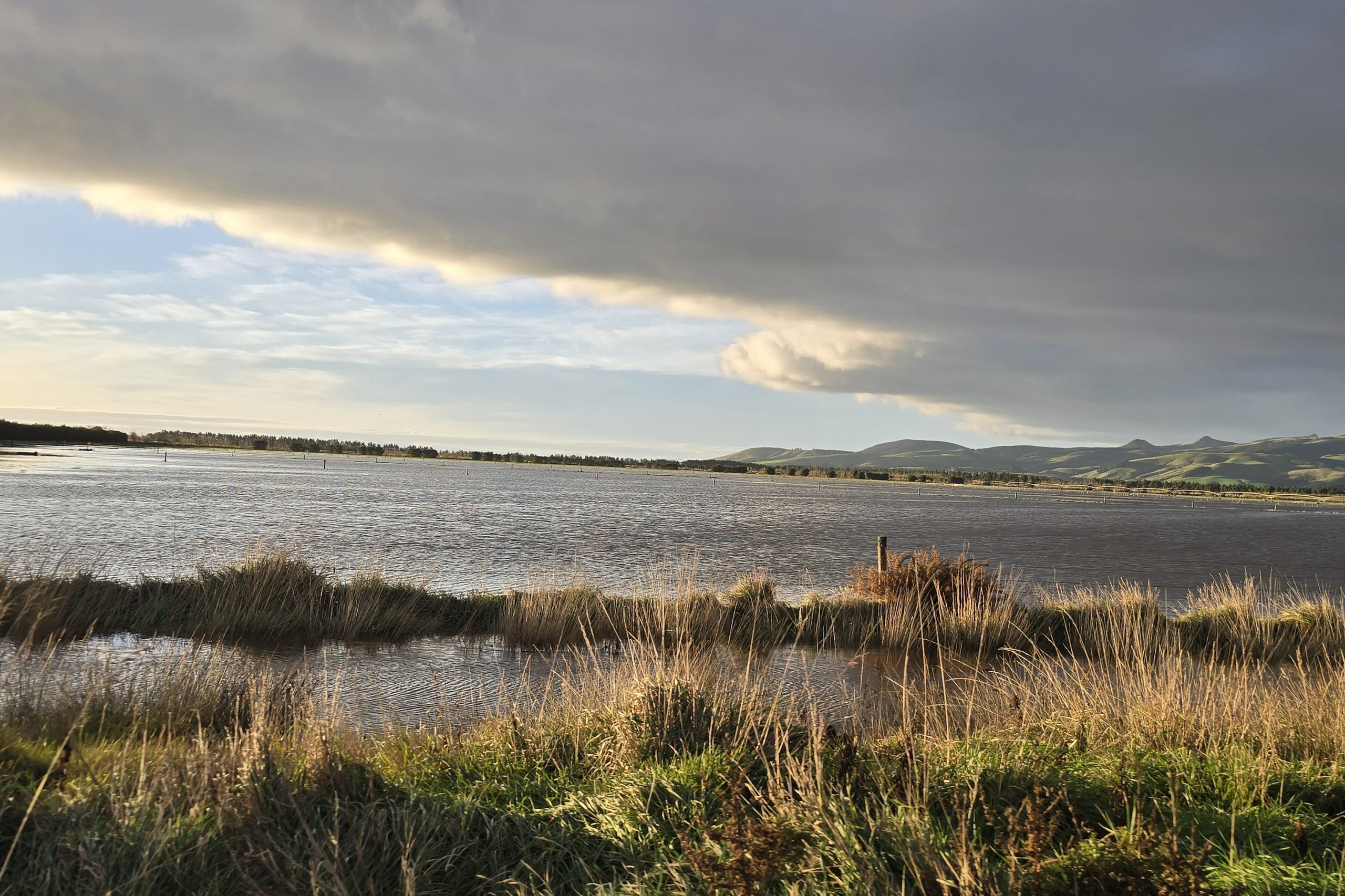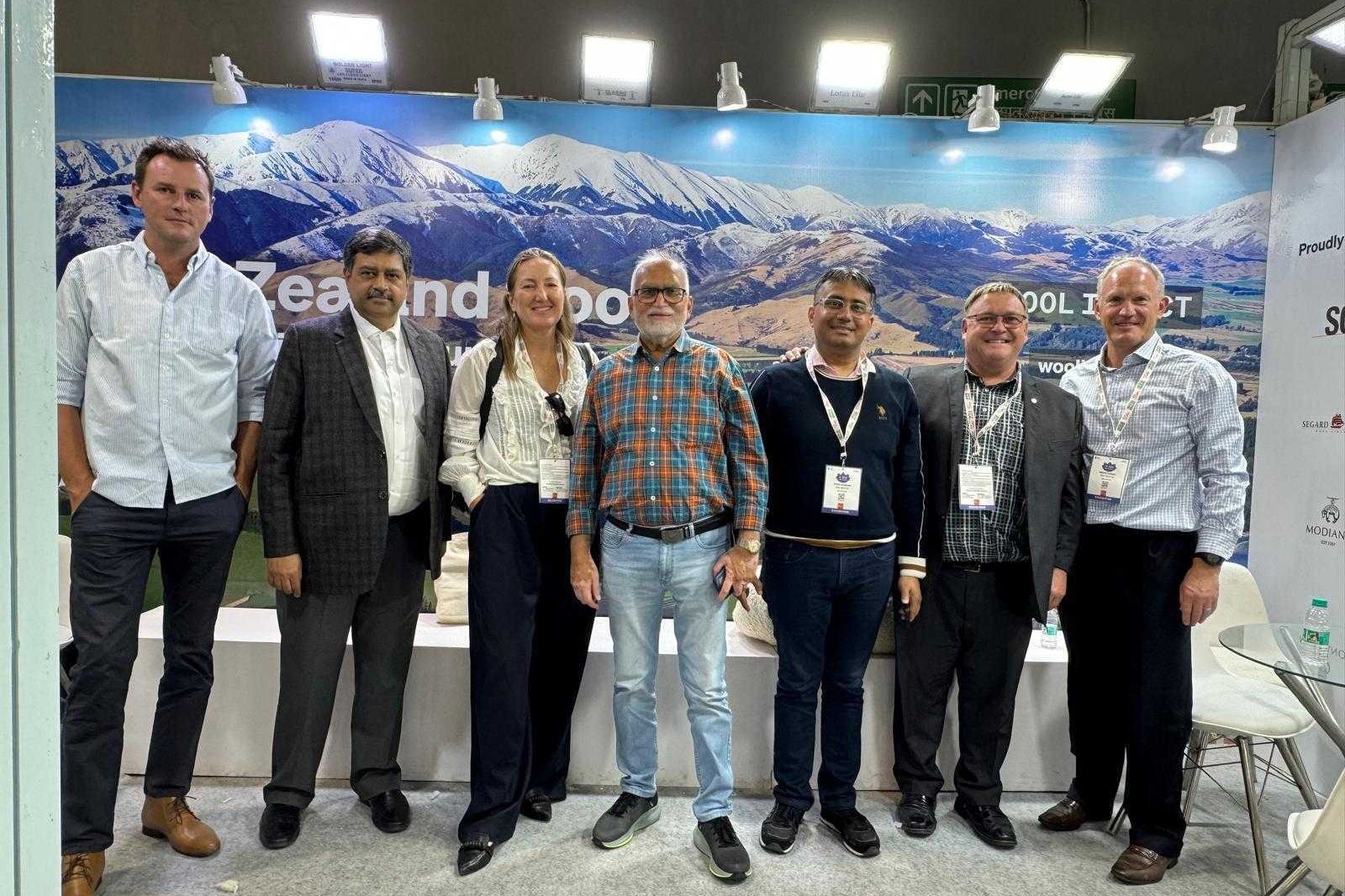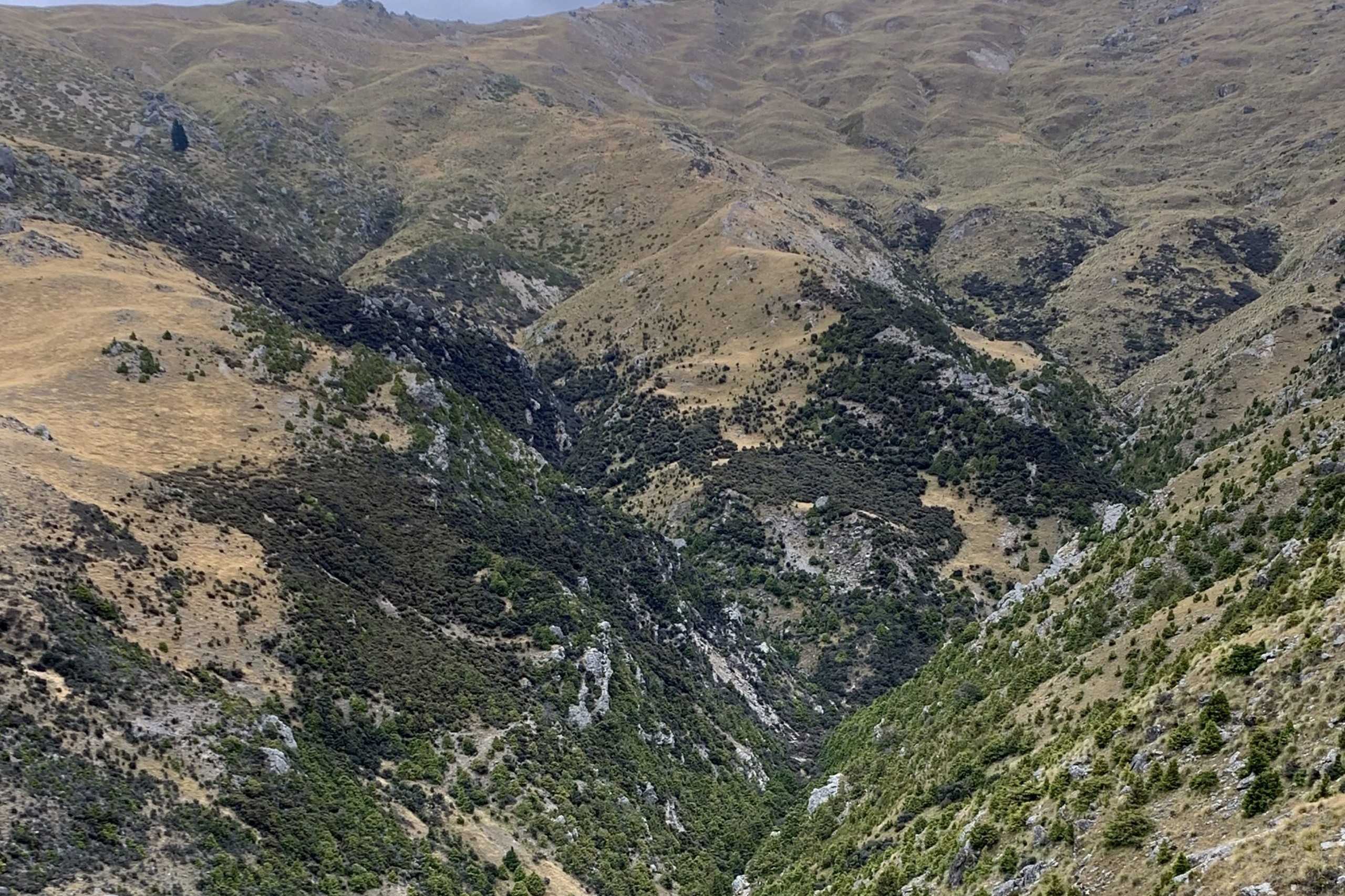Regrets, we have a few
Paul Burt shares his thoughts on a man of Te Urewera bush, who spent his life combating the region’s introduced pest species with economic opportunity.
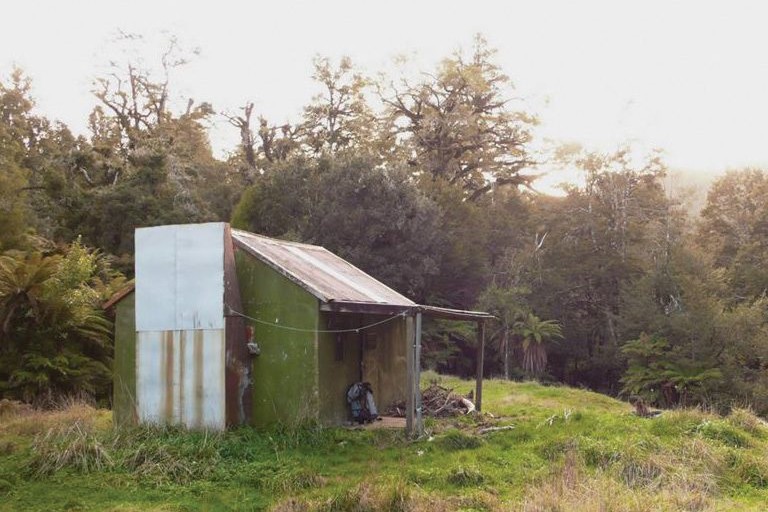
Paul Burt shares his thoughts on a man of Te Urewera bush, who spent his life combating the region’s introduced pest species with economic opportunity.
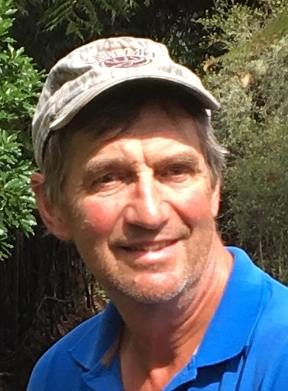 I’M PROBABLY NOT ALONE IN HAVING regretfully lost the chance to get to know someone better. It’s not that they’ve moved away and it’s possible to rekindle the relationship at a later date.
I’M PROBABLY NOT ALONE IN HAVING regretfully lost the chance to get to know someone better. It’s not that they’ve moved away and it’s possible to rekindle the relationship at a later date.
Sadly this is final, Bruce died last month. His heart gave up but despite cheating him of many more good years, it chose its moment well. He was in the bush, near the place where he had built his dream home. I imagine he was simply enjoying the solitude and the connection to the wild that was as natural to him as breathing.
I got to know Bruce over a number of years as a result of my possum control work on the farm. It is sensible there is an economic opportunity in these pest animals and Bruce had built a life and business around their harvest.
His mother wanted him to be a teacher but the lure of the bush and an independent spirit won out. He was never going to settle for a conventional life. Te Urewera, especially the Whakatane River catchment became his home.
He started work as a contract hunter for the NZ Forest Service controlling deer and wild pigs. It was a tough game but being wet, bruised, battered and shattered was taken in his stride and the skill and endurance of this 70kg dynamo earned widespread respect.
When the price of venison skyrocketed in the mid- 1970s, Bruce and his mates went into business on their own. Buller boots and strong backs aided by pack horses, jet boats and helicopters saw thousands of venison carcases make their way to export markets.
Any man with a jet boat in those remote river valleys is a valuable asset to the local community and Bruce’s interaction with the northern Tuhoe people created such a lasting bond they called him one of their own. I’m sure they recognised and admired in Bruce their own spiritual attachment to this wild place and his good nature and generosity sealed the pact.
As venison prices waned, attention was turned to possums. Bruce not only set up and serviced a small army of trappers, he built a factory and found export markets for skins and later fur. Ever the entrepreneur and with an ethic that abhorred waste, Bruce later expanded into wild animal pet food.
It was all just so logical to him. He was turning a serious pest problem into an economically and environmentally positive product. He was creating local employment and earning export dollars. On the face of it he should have been given a medal or at least a tax break and a Green Party life membership.
Ironically he had to do it on his own with more hindrance than help from the authorities.
In New Zealand we have environmentalists and conservationists, some with degrees and all with opinions. Most have wish lists but expect others to carry them out. Bruce was an environmentalist in the true sense of the word. He spent his whole life building knowledge of how our human-modified native forest ecosystems work. He was responsible for the demise of millions of animal pests.
He knew what worked, what was a waste of money and how to strike a balance. His life story was one of recognising opportunities where a less-astute bureaucracy saw liability.
We have at present a bitter dispute over Te Urewera infrastructure, namely the fate of 50-odd huts linked by hundreds of kilometres of cut tracks that are a legacy of the taxpayer-funded National Park system.
The official line that these huts (once destroyed) will be replaced with more appropriate (?) purpose-built structures is a joke. There is not enough money for the immediate problem of pest control to maintain forest health let alone new infrastructure. The red tape and cost to re-establish even one small public building in a remote site would be eye-watering. These iconic buildings allowed men like Bruce to carry out their essential work more safely and on occasion even saved their lives.
It is a sad time for Bruce’s family and friends but a lesser tragedy is the loss of the knowledge he has taken with him. Why is it so difficult for authorities and policymakers to seek out and employ the freely given intellectual resource that practical hardworking Kiwis have created in many varied fields.

